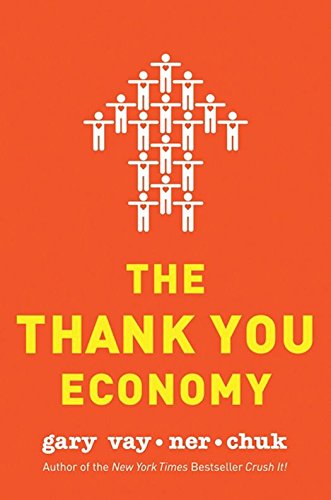See All
Sort by:
Jonathan Gottschall is an American scholar and literary critic. Weaving together elements of neuroscience, biology, and psychology, Gottschall argues that storytelling and make-believe are central to the human experience.
This book identifies how companies earn the respect and loyalty of their customers. There is a connection between emotions and behaviors, meaning that customers feel strongly about businesses that recognize them.
This book is an action-oriented handbook on how create customer loyalty and change the way your company operates. It is an easy read, full of useful ideas rather than theory.
The best book reviews in your inbox!
Subscribe now and receive a special gift with your subscription.
Stephen Covey depicts trust as a cornerstone for improving many human interactions in business, social and personal life. He proposes “5 waves of trust” as his method to improve one’s trustworthiness.
Sifting through 25 years’ worth of Gallup surveys, Marcus Buckingham and Curt Coffman analyzed managers from companies large and small to dissect what it is that successful managers do.
Marshal Goldsmith explores the traits and characteristics of what helps already successful people, jump to the next rung of success, helping the reader critically assess and improve themselves.
Steve Zaffron and Dave Logan have created a methodology for improving the leaders who drive performance. They have identified three key aspects centered around effective communication.
Tribal Leadership tackles the well-known and fascinating topic of people’s tendencies to segregate into groups with which they identify most, and in which they feel the most comfortable.




 Copy Link
Copy Link
 E-mail
E-mail
 LinkedIn
LinkedIn
 Facebook
Facebook
 Telegram
Telegram
 WhatsApp
WhatsApp





























 Go Back
Go Back